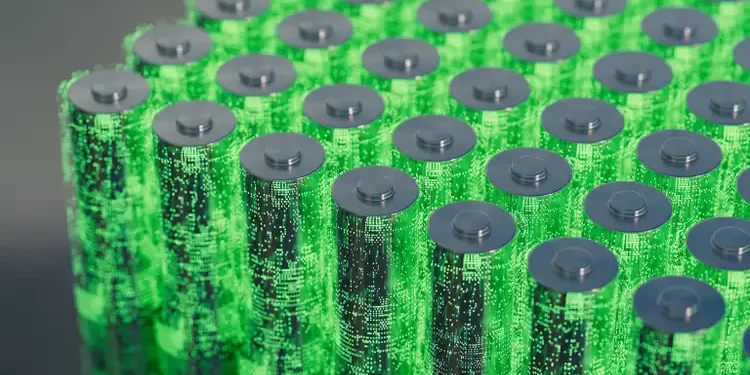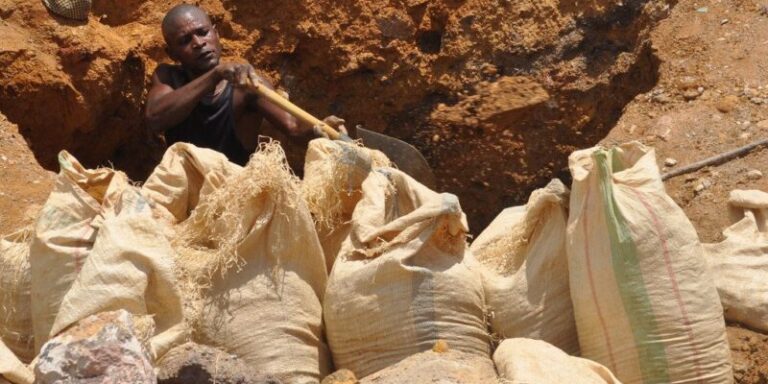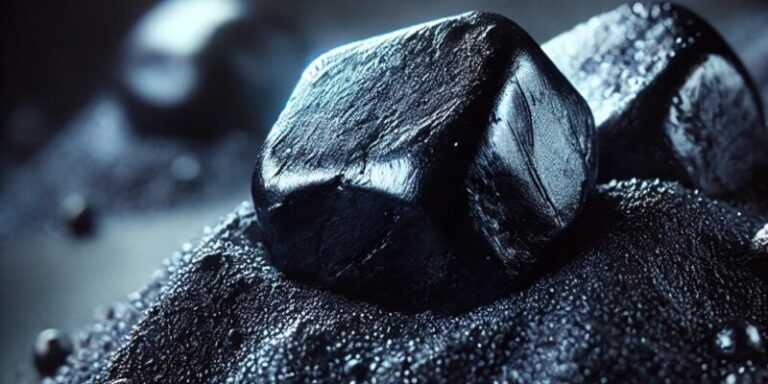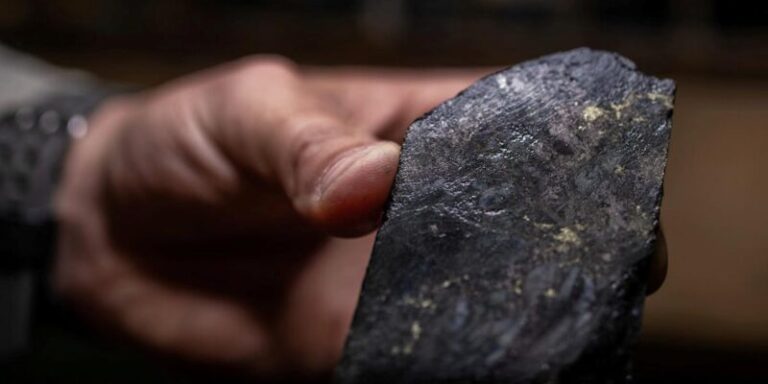
Rwanda, known for its breathtaking landscapes and rapid economic growth, is now setting its sights on a new resource: lithium. The small East African nation is looking to tap into its significant lithium reserves to meet the rising global demand for the essential component in renewable energy technologies and electric vehicles.
Lithium, a lightweight metal, plays a crucial role in powering lithium-ion batteries, which are widely used in electric cars, smartphones, laptops, and renewable energy storage systems.
With the global push for sustainable energy solutions, the demand for lithium has skyrocketed, making it a highly sought-after resource.
Recent geological surveys in Rwanda have indicated the presence of substantial lithium deposits, primarily located in the Northern and Western provinces.
Experts believe that these reserves could potentially place Rwanda among the leading lithium producers in Africa, alongside Zimbabwe and the Democratic Republic of Congo.
The Rwandan government has recognized the strategic importance of lithium mining for its economic growth and its contribution to the global green energy transition.
To unlock the full potential of this resource, the government has initiated partnerships with international mining companies to develop the necessary infrastructure and expertise for responsible extraction.
One such partnership is with a consortium of global mining corporations with experience in sustainable mining practices.
The consortium aims to invest heavily in exploration, mining, and processing facilities to extract lithium in an environmentally conscious manner while prioritizing the wellbeing of local communities.
Rwanda’s Minister of Natural Resources, Dr. Emmanuel Ndahiro, emphasized the importance of balancing economic benefits with environmental protection.
“As we venture into lithium mining, our focus remains on sustainable practices and maintaining ecological integrity,” he said. “We want to ensure that this newfound resource becomes a catalyst for inclusive development and propels Rwanda towards becoming a green energy hub in the region.”
The government’s approach also includes stringent environmental regulations and monitoring systems to minimize any potential negative impacts on the environment.
Additionally, local communities will be engaged and consulted throughout the process to ensure they benefit from the mining activities and to safeguard their livelihoods.
As Rwanda charts its course towards becoming a significant player in the global lithium market, it faces challenges typical of any mineral-rich nation.
The government must strike a balance between maximizing profits from mining and protecting the long-term interests of the country and its citizens.
Furthermore, competition in the lithium market is fierce, with other African nations, such as Zimbabwe and the Democratic Republic of Congo, also seeking to capitalize on their own lithium reserves.
This intensifying global race for lithium could lead to fluctuating prices and further volatility in the mineral market.
However, with careful planning, sustainable practices, and the support of responsible international partners, Rwanda is optimistic about harnessing the potential of its lithium reserves.
If managed effectively, the revenue generated from lithium mining could be channeled into education, healthcare, and infrastructure, further propelling Rwanda’s growth and development.
As the world transitions towards cleaner energy sources, Rwanda’s journey into lithium mining is a testament to its commitment to sustainable development and its vision of being a key player in the green energy revolution.





